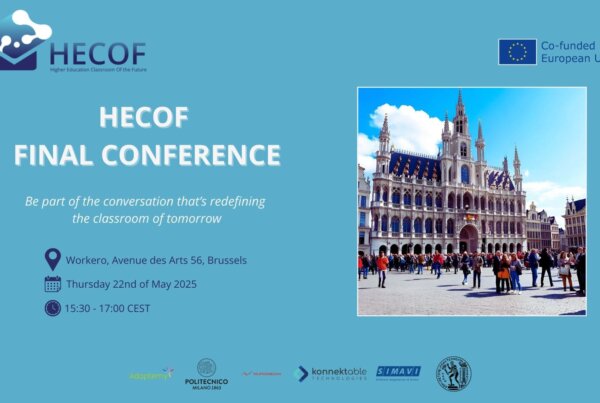
Moldovan, A., Ghergulescu, I., & Muntean, C. H. (2017). Analysis of Learner Interest, QoE and EEG-Based Affective States in Multimedia Mobile Learning. In 2017 IEEE 17th International Conference on Advanced Learning Technologies (ICALT) (pp. 398–402).
https://ieeexplore.ieee.org/document/8001816
Abstract
Multimedia clips, such as lecture recordings and screencasts, are increasingly used in both formal and informal learning contexts, such as flipped classroom, blended learning, MOOCs and mobile learning. In order to create effective educational multimedia applications, it is increasingly important to understand the factors contributing to the learning performance and learner experience. This paper presents research findings from a subjective study with 60 participants, conducted to investigate the effects of learner’s interest, QoE, and EEG-based affective states on learning performance in a multimedia-based mobile learning scenario. The results show that with careful design, similar learning performance and experience can be achieved on both small and large screen mobile devices, such as smartphone and tablet. Moreover, learner’s interest and QoE were shown to have a strong effect on learning. While males and females achieved similar learning performance, they presented significant differences in terms of interest, QoE and EEG-based affective states. Moreover, the results show promising potential of using EEG data to automatically detect learner’s interest.



